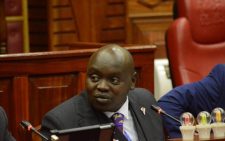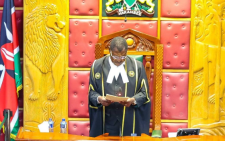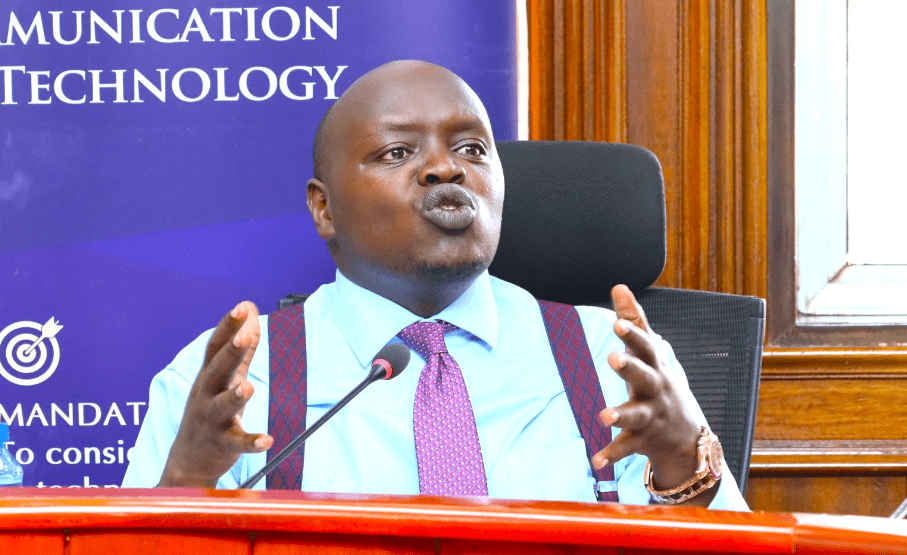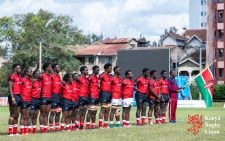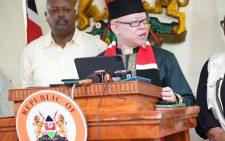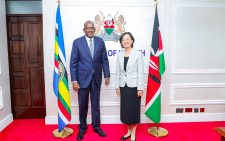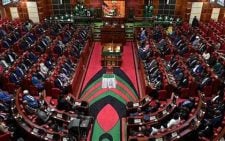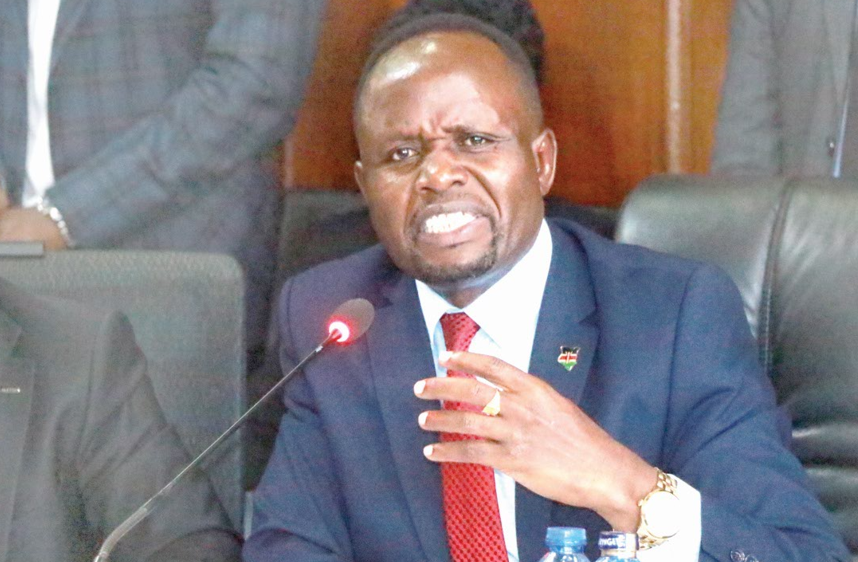National Assembly asks court to strike out IEBC nominees case
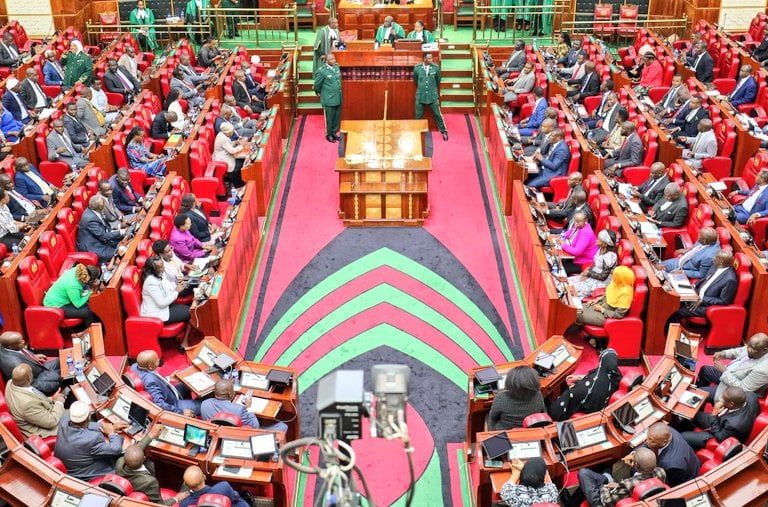
The National Assembly wants the court to dismiss a petition seeking to stop the vetting of the Independent Electoral and Boundaries Commission (IEBC) nominees set for next week.
In its objection to a petition before the High Court, the House argued the suit is premature, as it seeks to stop an active matter before Parliament.
Parliament termed the petition filed by Kelvin Roy Omondi and Boniface Mwangi as speculative, and thus not justifiable as it defies “the doctrine of ripeness.
Among the individuals expected to appear before the Justice and Legal Affairs committee (JLAC) are Erastus Ethekon (pictured), who has been nominated for chairperson and Ann Nderitu, Moses Mukhwana, Mary Sorobit, Hassan Noor Hassan, Francis Odhiambo and Fahima Abdalla who have been nominated for the position of commissioners.
“To the extent that Petition and the Notice of Motion challenges an ongoing constitutional process in respect of which no decision or action has been taken by the National Assembly, the Petitioners’ Notice of Motion and Petition are speculative and deals with prospective anticipatory circumstances rather than current or probable events,” said the National Assembly in its petition
The duo, represented by lawyers Paul Muite and Ochieng Odinga, argues that the process was marred by irregularities, violated constitutional provisions, and failed to uphold public participation
The petitioners took issue with the inclusion of certain nominees, particularly Noor, whose name, they claim, was never part of the initial shortlist or advertised list.
Said the duo: “The nomination process was marred by irregularities, lacked transparency, and violated key constitutional provisions, including those guaranteeing merit-based appointments, regional and ethnic balance, and inclusion of persons with disabilities.”
But the National Assembly argued that the petitioners have not exhausted all available avenues under the Constitution and the Standing Orders, thus the Petition and Application violate the doctrine of exhaustion and are therefore premature.
Further the house said the Petitioners ought first to raise their objections before Parliament, prior to pursuing legal redress from the Courts.
“The Constitution grants the National Assembly “a general confirmatory mandate” of approving all persons recommended for appointment as members of constitutional commissions or holders of independent offices as part of the checks and balances against the other arms of governments and organs of the state, which is the practice in constitutional democracies,” argues the National Assembly.
It adds: “The public interest overwhelmingly favours the continuation of the approval process.”
